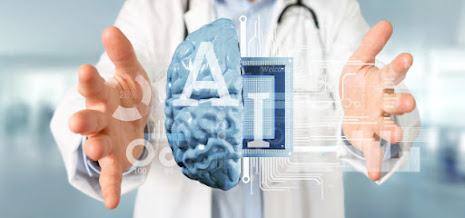The healthcare industry is
increasingly adopting new technologies (such as medical imaging analytics,
robotics, Artificial Intelligence) and reaping maximum benefits to reduce
operational efficiencies, increase the quality of care, and reduce the cost of
care. Healthcare automation helps hospital administrators and healthcare
professionals to conduct daily activities and manage patient care more
efficiently. For instance, 50% of the U.S. healthcare providers planned to
invest in robotic process automation (RPA) in the next three years (2021-23). RPA
could help hospitals process information faster, more accurately, and less
painfully, and let hospital staff get back to patient care sooner.
Moreover, the global pandemic
(COVID-19) has improved automation in the Italian healthcare system. The use
of artificial intelligence in the healthcare sector will revolutionize the quality of patient care. Furthermore,
the U.K. planned to invest US$ 330 million to lead the world in healthcare AI. Around 20% of all patient interactions will involve
some form of AI within clinical or non-clinical processes and more than
one-third of all healthcare workloads will be in the cloud by 2023.
Healthcare
automation automates existing procedures,
streamlining processes that used to take a significant amount of time and
require human intervention. The healthcare industry will see more investment
around medical robots, which includes pharmacy dispensing robots, non-invasive
radiosurgery robots, rehabilitation robots, surgical robots, etc. It is to be
expected that more and more healthcare facilities will adopt automation to
lessen the burden of their staff and increase the quality of care.
Healthcare automation helps reduce
wait time for patients, save time in collecting/maintaining information, and
improves the facilities to adequately care for patients. Moreover, it is
expected to accelerate the development of clinical, hospital, and health care
processes. The future of the healthcare industry can be defined by the advent
of faster, more accurate, and easy-to-use devices that are riding high on the
wave of healthcare automation.

Comments
Post a Comment